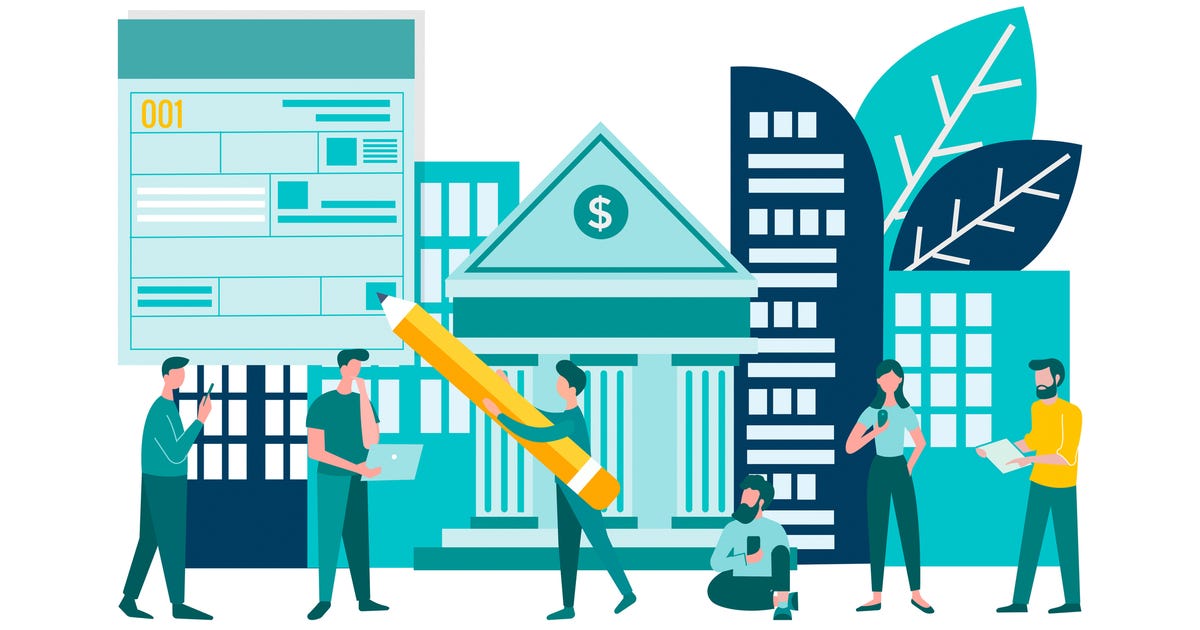A credit union is nonprofit financial organization composed of, and run by, members with ties to a community or organization, such as employees of a school district or members of the armed forces. It provides financial services such as deposit and credit accounts, mortgages and auto loans to the members of that community, often with competitive rates that rival commercial banks. Membership can be limited to people within a specific network or community but can also be extended to people outside that group who make a small, one-time donation to a designated non-profit cause.
How is a credit union different from a bank?
A credit union differs from a bank in that it’s a nonprofit organization run by members who pool their money for the benefit of other members, not shareholders, while a commercial bank is a for-profit institution owned by investors and provides profits for shareholders.
While banks offer certificates of deposit, credit unions offer a time bound savings account similar to CDs called share certificates. Like CDs, these share certificates offer a fixed-rate annual percentage yield, or APY, and are purchased for a specific term, from as short as six months to as long as five years. Share certificates impose an early withdrawal penalty if money is accessed before the date of maturity.
Credit union accounts are insured by the National Credit Union Association, or NCUA, while banks are insured and regulated by the Federal Deposit Insurance Corporation, better known by its acronym FDIC.
CNET’s picks for the top credit unions
Like banks, credit unions offer a wide variety of products, services and rates on deposit accounts. The following table provides an overview of the best credit unions available based, in part, on highest APYs for one-year terms.
Top credit unions
| Credit Union | Accounts offered | ATM network/fee rebates | Checking or savings fees | Membership requirements |
|---|---|---|---|---|
| Alliant Credit Union | Savings, checking, share certificates | 80,000 free ATMs / $20 monthly rebates | Savings: No fees when enrolled in eStatements Checking: No fees | Specific group membership required |
| BCU | Savings, checking, share certificates | Unlimited ATM rebates | No fees | Specific group membership required |
| Bethpage Federal Credit Union | Savings, checking, money market, share certificates | 30,000 ATMs | No fees | Open with $5 savings account |
| Connexus Credit Union | Savings, checking, money market, share certificates | 67,000 free ATMs / $25 monthly rebates | No fees | One-time $5 donation |
| Credit Union 1 | Savings, checking, money market, share certificates | 30,000 free ATMs | No fees | One-time $5 donation |
| PenFed Credit Union | Savings, checking, money market, share certificates | 85,000 free ATMs | No fees | Specific group membership required |
| Navy Federal Credit Union | Savings, checking, money market, share certificates | 30,000 free ATMs / $10 monthly rebates | No fees | Ties to armed forces, DoD or National Guard |
| Quorum Federal Credit Union | Savings, checking, share certificates | 90,000 free ATMs | No fees | Membership in partner groups or relative of existing Quorum member |
| Schools First Federal Credit Union | Savings, checking, money market, share certificates | 28,000 free ATMs | No fees | California current or retired school employees |
The top credit unions of 2022 explained
Alliant Credit Union
Alliant Credit Union is an online credit union with great rates, a full suite of financial products and broad membership eligibility. Membership is open to current or former employees of Alliant’s US partner businesses. Visit Alliant for a complete list of businesses.
The High-Rate Savings account earns a competitive annual percentage yield, or APY, of 2.90% and avoids monthly fees if members sign up to receive monthly statements electronically. High-Rate Checking account customers also have access to more than 80,000 surcharge-free ATMs and up to $20 per month in ATM fee reimbursements. One-year share certificates earn 3.50% APY.
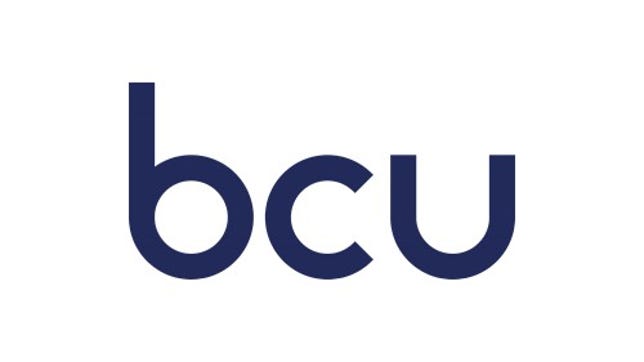
BCU serves more than 300,000 members in the US and Puerto Rico. Membership is open to employees of partner organizations, residents of select Northern Illinois or Southern Wisconsin counties and relatives of current members. Visit the BCU website for more details on membership eligibility.
BCU offers several versions of savings, checking, share certificates and money market accounts. There are options for free savings and checking accounts. The highest APY rate available on the Rainy Day savings account is 1.50% APY. PowerPlus Checking earns a very competitive 2.20% APY on balances up to $15,000 and rebates 100% of out-of-network ATM fees incurred.
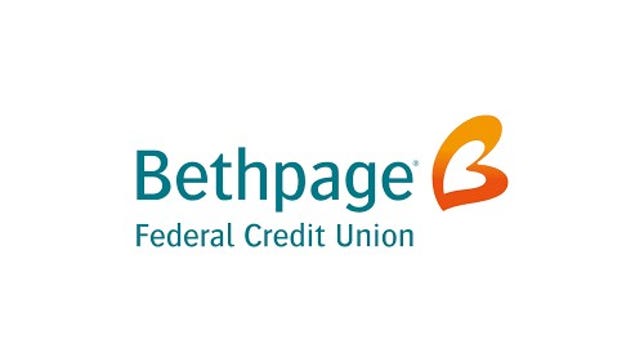
Bethpage Federal Credit Union
Bethpage Federal Credit Union offers a full suite of financial services including digital banking features with several options for free checking and savings accounts. There are no fees for checking or savings accounts and membership is broadly available with a $5 one-time donation. Share certificates are available in 10 different terms including a bump-up certificate. The one-year share certificate earns a competitive 3.00%.
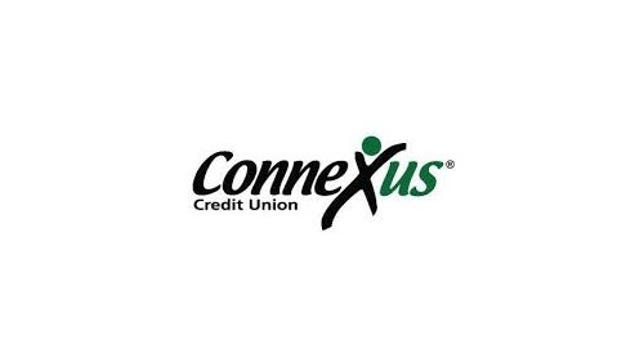
Connexus Credit Union
Connexus is part of the CO-OP Shared Branch network which offers members 5,600 shared branch networks. Connexus makes it easy to become a member in just three steps (visit the website to learn more about eligibility). Checking and share certificate accounts earn competitive rates. The Xtraordinary Checking account earns an 1.75% APY while a one-year share certificate pays 3.50% APY. There are no fees for checking or savings accounts and membership is broadly available with a $5 one-time donation.
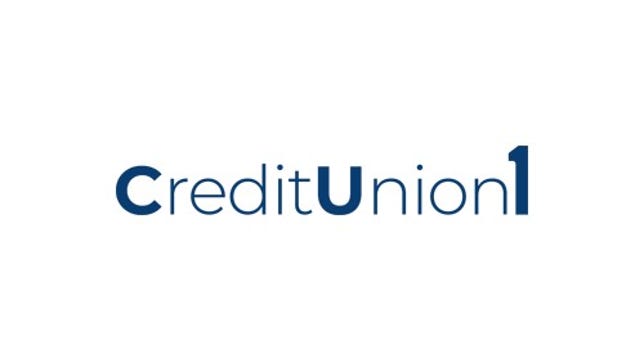
Credit Union 1 offers a high-yield savings account that pays a competitive 2.10% APY, rivaling some of the top-yielding online banks. There’s no monthly maintenance fee for its Free Checking account. Membership is widely available with a one-time donation of $5 required to open an account.
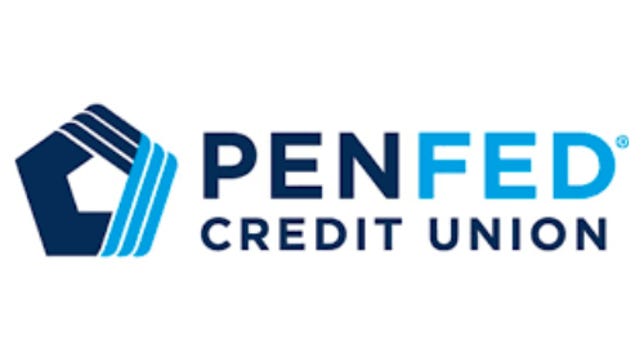
PenFed Credit Union
PenFed Credit Union offers membership that is to everyone. It offers a full suite of deposit accounts. The Premium Online Savings account earns 1.70% APY. The free checking account offers 85,000 fee-free ATMs, more than many of the largest US banks. A mobile app facilitates digital banking transactions.
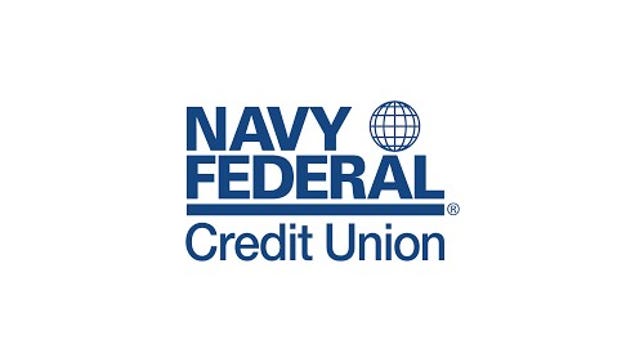
Navy Federal Credit Union offers membership to anyone affiliated with the armed services, the Department of Defense or the National Guard. There are five types of free checking accounts — accounts that don’t charge monthly maintenance fees — that earn between 0.05% to 0.45% APY. The mobile app provides digital banking services that allow access to the account across the country.
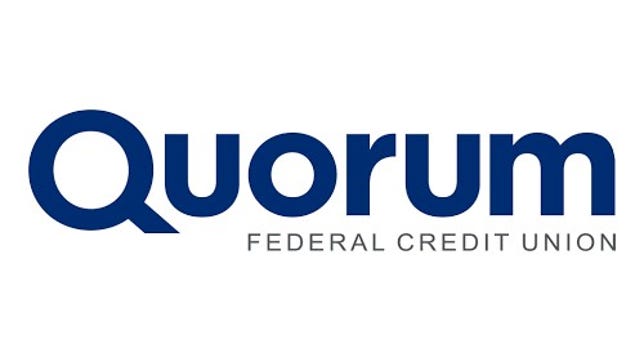
Membership is free, but eligibility is based on affiliation with specific partner groups that can be confirmed by visiting Quorum. Quorum offers competitive rates on savings accounts and free checking with digital banking features.

Schools First Credit Union is open to current and retired California school employees and their family members. Schools First offers a full suite of deposit accounts. The share certificates are available in three different terms and the rate for the 12-month term earns 2.75% APY.
What are the advantages to being a member of a credit union?
Credit unions are member-owned, which means members pool their money and provide services that benefit each other. Credit unions are nonprofit and have missions that allow them to offer more personalized services and rates on financial products that compete with larger banking institutions. Because of this, credit unions generally offer:
- Lower rates on loan products
- Lower fees
- Personalized customer service
- Engaged community membership
What are the disadvantages to being a member of a credit union?
Like with any banking institution, credit unions vary widely in terms of resources, services and fees charged. Before joining a credit union, understand how any limitation will impact your experience and eligibility. Credit unions may also have:
- Limited locations
- Membership requirements
- Fewer deposit account options compared with banks
- Less advanced technology services compared with banks
The bottom line
Credit unions are member-owned financial service institutions that provide an alternative to large commercial banks. Members benefit from less overhead by saving on loan rates and enjoy more personalized services. However, credit unions can also offer less access with limited physical locations and less advanced technology solutions than what commercial banks offer. Consider your banking options carefully when deciding on joining a credit union.
FAQs
How do you join a credit union?
Credit unions have membership eligibility requirements that vary by institution. In most cases, a one-time donation is required in lieu of membership to an organization or group the credit union is affiliated with. Look for a link on the credit union’s website that directs you to join and read the eligibility requirements.
Can you have both a credit union account and a bank account?
Yes, you can open an account at a credit union while having an account with a commercial bank. Savvy savers maintain multiple accounts as a strategy to take advantage of high-yield savings accounts and to build wealth.
Credit unions are insured by the NCUA which is responsible for regulating credit unions, insuring deposits for up to $250,000 per individual and protecting members from loss due to credit union failure.
Do credit unions offer competitive rates on loans, such as home and auto, compared with banks?
Credit unions tend to offer lower rates on loan products compared with banks. However, rates vary and it’s worth researching both banks and credit unions when searching for the best loan.
Methodology
CNET reviews deposit account rates based on the latest APY information from issuer websites. We evaluated rates from more than 50 banks, credit unions and financial companies. We selected the credit unions with the highest APYs for one-year terms from among the organizations we surveyed, and considered rates for shorter terms if one-year terms were identical or unavailable.
Banks surveyed include: Alliant Credit Union, Ally Bank, America First Credit Union, American Express National Bank, Axos Bank, Bank of America, Bank of the West, Bank5 Connect, Barclays, BMO Harris, Bread Savings, BrioDirect, Capital One, CFG Community Bank, Citizens Access, Colorado Federal Savings Bank, Connexus Credit Union, Consumers Credit Union, Credit One Bank, Discover Bank, First Internet Bank of Indiana, First Tech Federal Credit Union, FNBO Direct, GO2bank, Golden 1 Credit Union, HSBC Bank, Huntington Bank, Lake Michigan Credit Union, LendingClub Bank, Live Oak Bank, M&T Bank, Marcus by Goldman Sachs, Merrick Bank, Nationwide (by Axos), Navy Federal Credit Union, NBKC, OneUnited Bank, Pentagon Federal Credit Union, PNC, Popular Direct, PurePoint Financial, Quontic Bank, Rising Bank, Salem Five Direct, Sallie Mae Bank, Santander Bank, SchoolsFirst Federal Credit Union, Synchrony Bank, TAB Bank, TD Bank, TIAA Bank, Truist Bank, U.S. Bank, UFB Direct, Union Bank, USAA Bank, Vio Bank, and Wells Fargo.
The editorial content on this page is based solely on objective, independent assessments by our writers and is not influenced by advertising or partnerships. It has not been provided or commissioned by any third party. However, we may receive compensation when you click on links to products or services offered by our partners.

